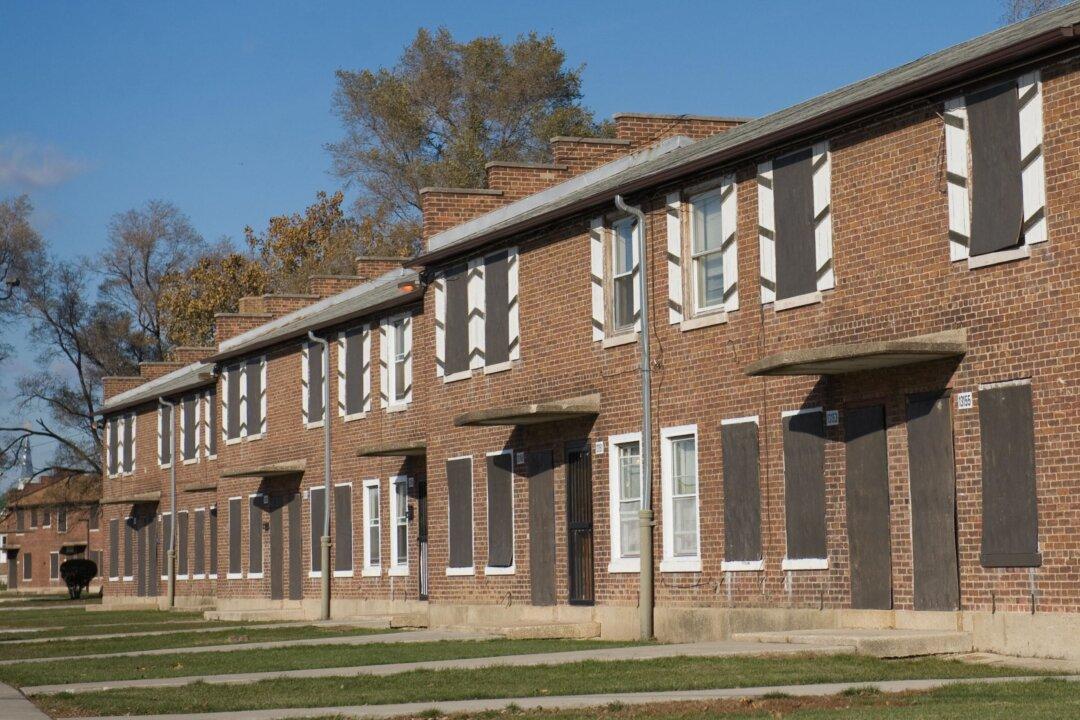CHICAGO—Cook County’s latest property tax hike disproportionately affected black and Latino communities, according to the first-of-its-kind analysis under Cook County Treasurer Maria Pappas published Aug. 17.
“Our research shows that inequities in the property tax system persist, particularly for businesses and Black and Latino property owners, and especially in the south suburbs. The 2020 property tax increases are exacerbating financial stresses in these communities and thwarting economic progress and generational wealth-building,” Pappas said in a written statement.





